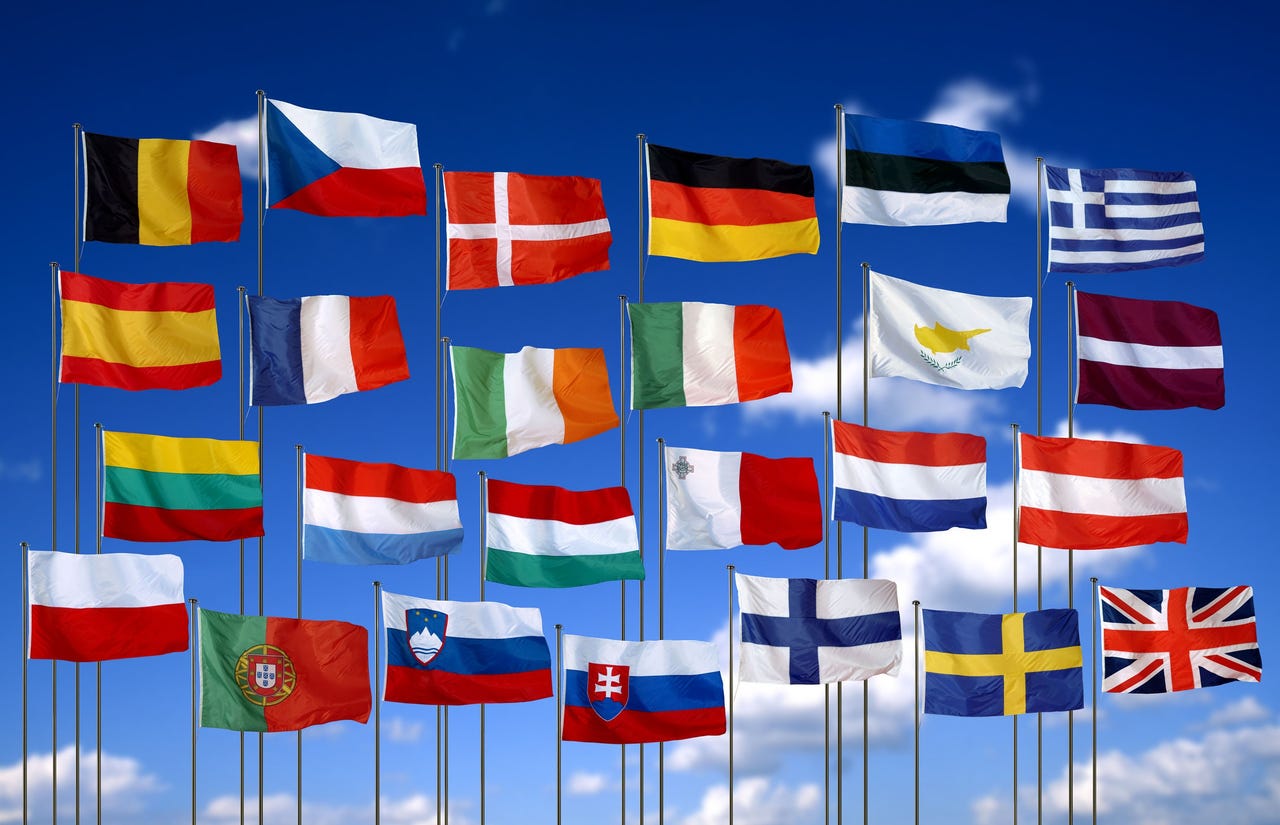Will debt and nationalism drive the future of tech?


Featured
Author Evgeny Morozov makes an interesting observation in The Guardian about the use of debt by Softbank and the Sovereign funds of several Middle East and Asian countries, to raise tens of billions of dollars that are used to acquire large tech companies and invest in key startups in AI and robotics.
It [Softbank] got Apple, the chip-maker Qualcomm and various sovereign wealth funds to contribute to its flagship Vision Fund, which now stands at $98bn. Saudi Arabia committed $45bn; Abu Dhabi another $15bn. Bahrain is considering joining.
SoftBank's founder and CEO Masayoshi Son told Nikkei in October that new Vision Funds will be launched every two to three years. SoftBank wants to invest in 1,000 AI and robotics companies in the next decade to the tune of ¥100 trillion ($880bn).
Billion-dollar debts control the future of tech industry | Opinion | The Guardian
In addition: "The funds of Malaysia, Bahrain and Abu Dhabi -- recent investors into startups -- all use debt as leverage. Saudi Arabia said it would borrow to expand its fund."
Morozov sees trouble ahead, as:
"SoftBank and its partners thus use debt to become the vanguard of the digital transformation of the global economy and control its key parameters: infrastructures, data, and artificial intelligence."
He chastises Europeans for being "the real fools here." For allowing their largest tech companies to be acquired by foreign companies. "Europe will pay for it dearly."
Foremski's Take: Evgeny Morozov tries to provoke with the familiar specter of nationalism as the dominant driving force for the future of technology and the future of the world. In the first paragraph he makes the ridiculous claim that massive foreign funds "are technology's new masters."
Business always trumps nationalism. Softbank's investments in technology companies, and those by sovereign funds -- have to succeed on their business merits -- nationalism does not provide a revenue stream. And nationalism cannot make a startup successful.
Yet he states that the future of tech is in the hands of competing national interests. He claims that China won't allow its tech companies be acquired by foreigners -- yet China allows its tech companies to be listed on US stock exchanges.
Nationalism cannot shape the future of tech because so much tech is interconnected through intellectual property and access to markets. Nationalism is not a business model.
I often enjoy Morozov's critiques of the tech industry and its culture. But in this case Morozov's a provocateur with a great headline that quickly collapses on a weak argument and nationalistic rhetoric more suited to the times of Queen Victoria (on PBS -- maybe he's been watching too much TV).
Nationalism in search...
Nationalism is more likely to be seen in providing key Internet services such as search.
Why would a country or economic region allow Google -- thousands of miles away -- to influence and control the e-commerce of its business communities? Google's algorithm is kept secret and you can never be sure of its allegiances. Google has been fined billions of dollars by the European Union for promoting its own services over those of European businesses. Search is where nationalism makes sense.
Protectionism shields local businesses from unfair foreign competition [scale counts as unfair]. This is why countries will need to control their national search box. And advertising.
Why should the local fish and chip shop spend its money with a huge foreign corporation thousands of miles away to reach its customers just a few miles away?
Every time Google changes its search algorithm it disrupts hundreds of thousands of businesses. That's why we will also see US cities and their metropolitan areas banding together around search and advertising. There's a lot of good economic reasons to own the internet platform and services locally because it will help protect community and business services from the hidden agendas of large US internet companies.
In such scenarios, nationalism and regionalism would strive to protect people from the perils of dealing with massive tech giants controlling so many aspects of daily life -- while taking no responsibility for disturbing society or the economy. That won't last.
The internet giants will face a challenge from national and regional business communities who want to control their own future. They will realize that they exist as distinct brands and differentiation is everything. When technology is a commodity -- all that matters is how best to use it.